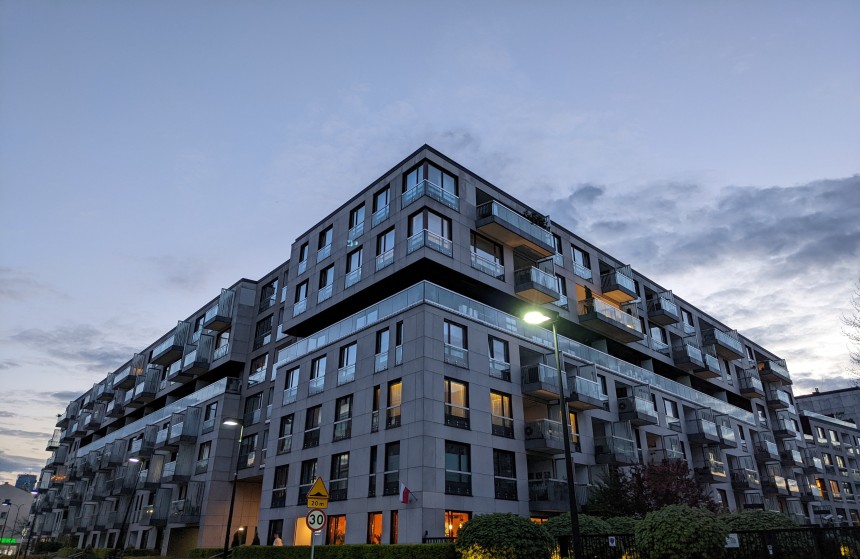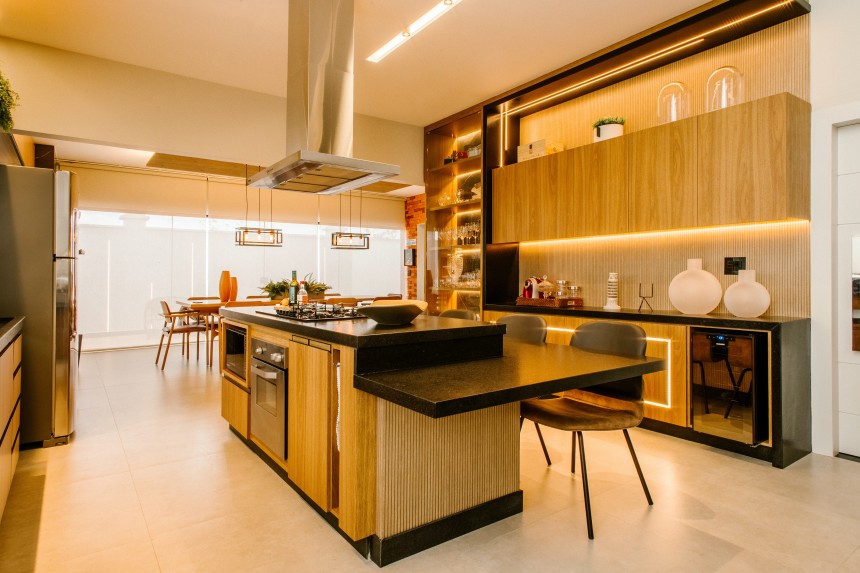Money you truly need before buying a Manchester property

The amount of money you truly need before buying a property in Manchester, or any other location, can vary widely based on several factors, including the type of property you’re interested in, its location within the city, your financial situation, and the specific requirements of your mortgage lender. Here are some key considerations and costs to keep in mind:

1. **Property Price**:
The most significant expense is the purchase price of the property itself. This can vary significantly depending on the type of property (apartment, house, etc.) and its location within Manchester.
2. **Deposit**:
In the UK, it’s common to put down a deposit when buying a property. The deposit is typically a percentage of the property’s purchase price, often ranging from 5% to 20%. The larger your deposit, the lower your mortgage loan amount and monthly payments will be.
3. **Mortgage Costs**:
You’ll need to budget for various mortgage-related costs, including arrangement fees, valuation fees, and legal fees. These can add up to a few thousand pounds.
4. **Stamp Duty**:
In England, Stamp Duty Land Tax (SILT) is a tax you may need to pay when buying a property. The amount you pay depends on the property’s purchase price and whether you’re a first-time buyer. Be sure to check the current SILT rates, as they can change.
5. **Legal Fees**:
You’ll need a solicitor or conveyance to handle the legal aspects of the property purchase. Their fees can vary, so it’s a good idea to get quotes from different professionals.
6. **Surveys and Valuations**:
Depending on your lender’s requirements and your own preferences, you might need to pay for property surveys and valuations to assess the property’s condition and value.

7. **Home Insurance**:
You’ll need to arrange for home insurance to protect your property and belongings.
8. **Moving Costs**:
Don’t forget to budget for the cost of moving your belongings from your current residence to your new property.
9. **Initial Repairs and Furnishing**:
Consider any immediate repairs or renovations you might need to make to the property, as well as the cost of furnishing it.
10. **Contingency Fund**:
It’s a good idea to have some money set aside for unexpected expenses or emergencies.
11. **Monthly Expenses**:
Make sure you can comfortably afford the monthly mortgage payments, as well as ongoing costs such as council tax, utilities, and maintenance.
To determine the exact amount of money you need, it’s crucial to speak with a mortgage advisor or financial planner who can assess your specific financial situation and provide guidance based on your goals and circumstances. They can help you understand the costs associated with buying a property in Manchester and help you plan accordingly to ensure a smooth and financially responsible home purchase.






